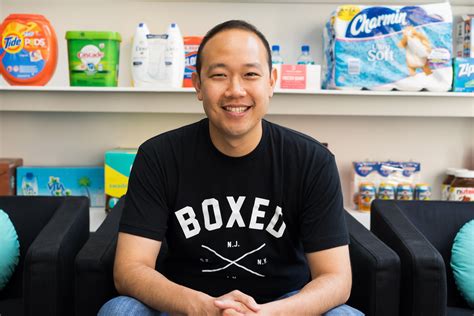A Quote by Chieh Huang
I think whether it's a good idea or not to take the startup plunge comes down to the responsibilities of the individual. If you have a family to care for or a huge mortgage payment, then quitting your steady day job to launch a startup probably isn't the best decision to make.
Related Quotes
For a long time, I've ranted against naming your startup community 'Silicon Whatever.' Instead, I believe every startup community already has a name. The Boulder startup community is called Boulder. The L.A. startup community is called L.A. The Washington D.C. startup community is called Washington D.C.
I've been very fortunate to be at the startup of a lot of different things. I was the startup of the Pancrase organization in Japan. Became a big figure over there. Then I was in the UFC and was at the startup of that, and I was a big figure in that. Twice. Not only in the beginning but also when it was taken over.
Potential home buyers have a two-step decision process. First, they determine whether they can afford to make a purchase - does their income safely cover their mortgage payment? Then they determine whether owning is a better financial choice than renting - are the costs of owning a home lower than the cost of renting it?
There's this famous observation that I totally believe: Great startup ideas are the ones that lie in the intersection of the Venn diagram of 'is a good idea' and 'looks like a bad idea.' So you want most people to think it's a bad idea and thus not compete with you until you get giant. But for it to secretly be good.






























